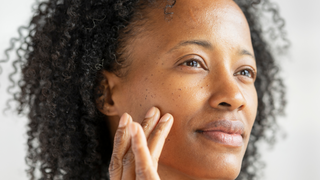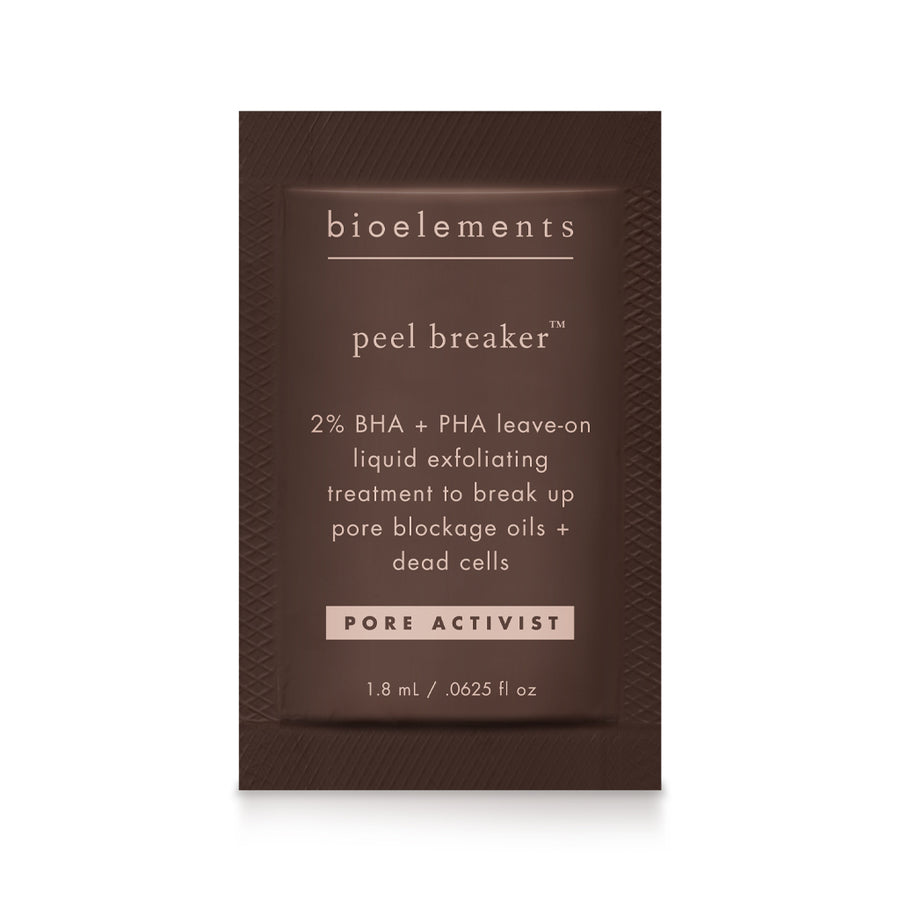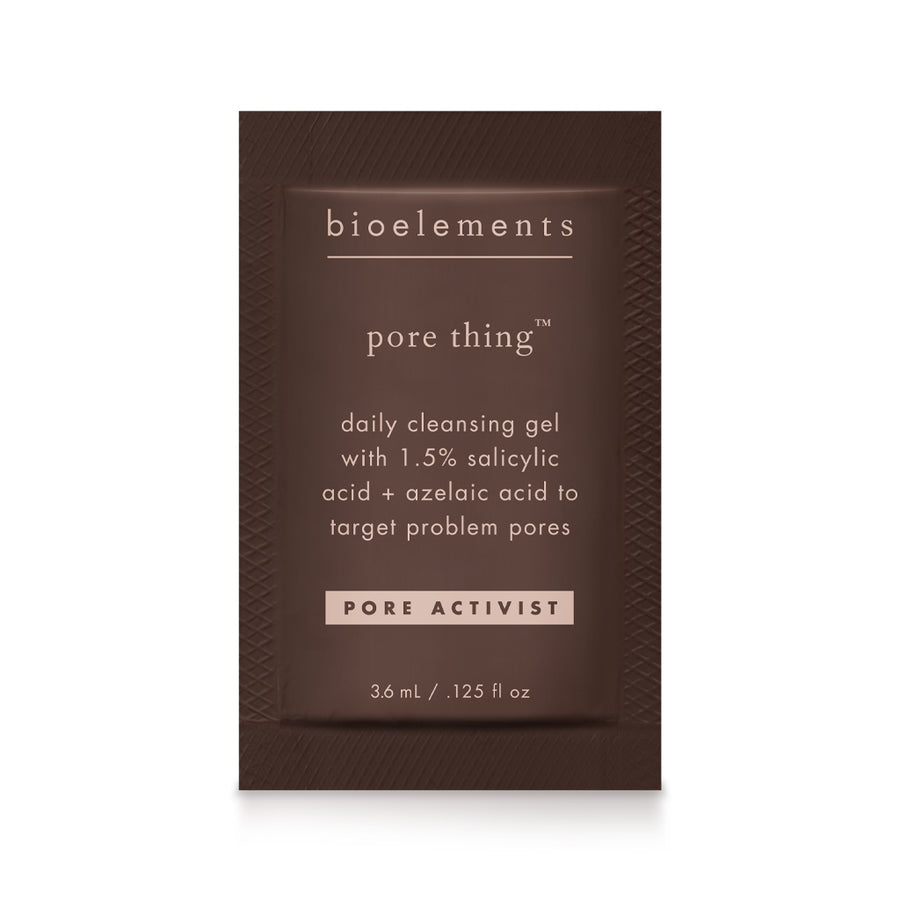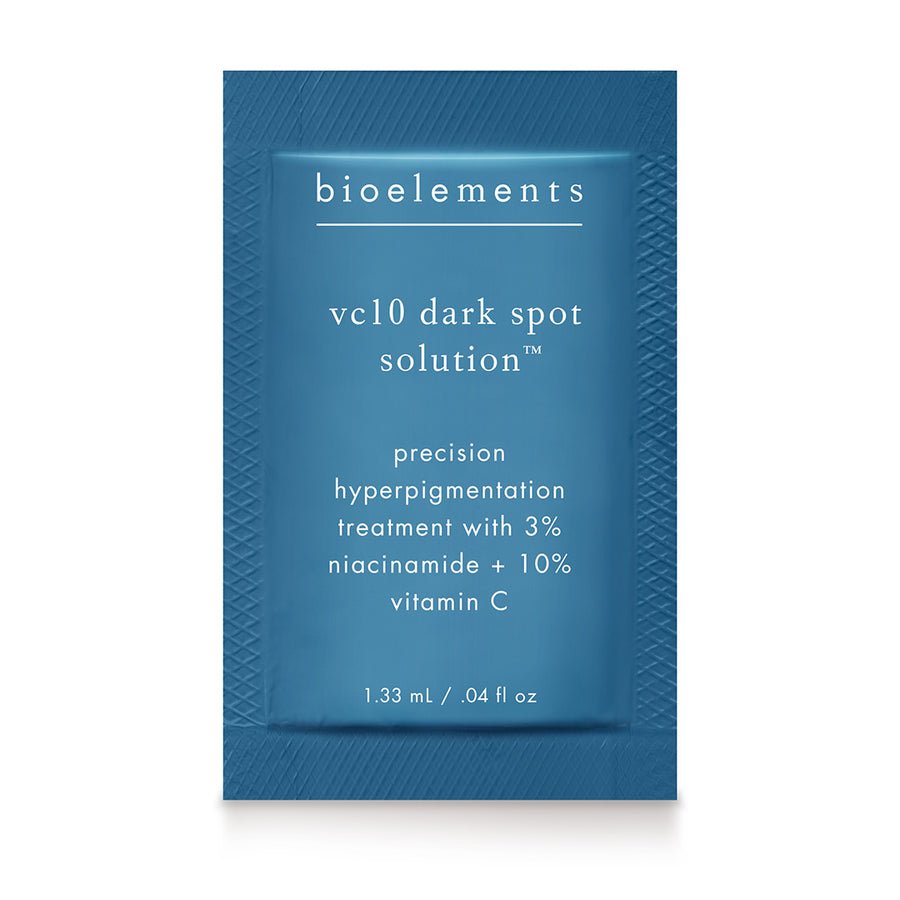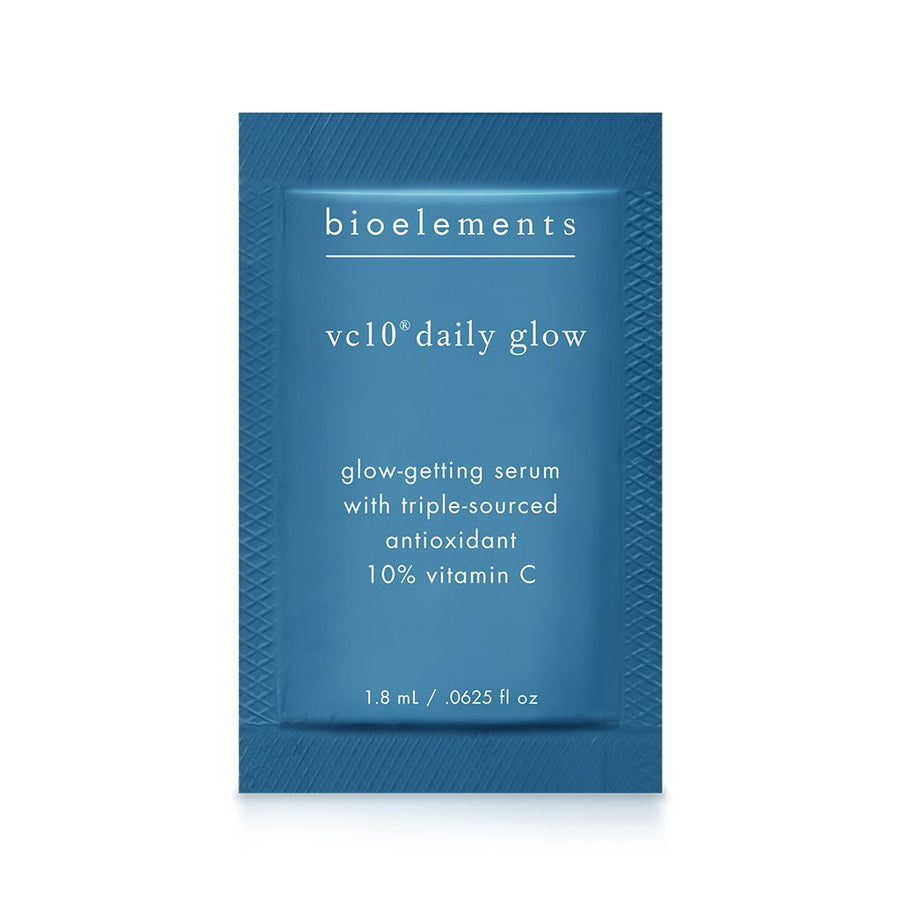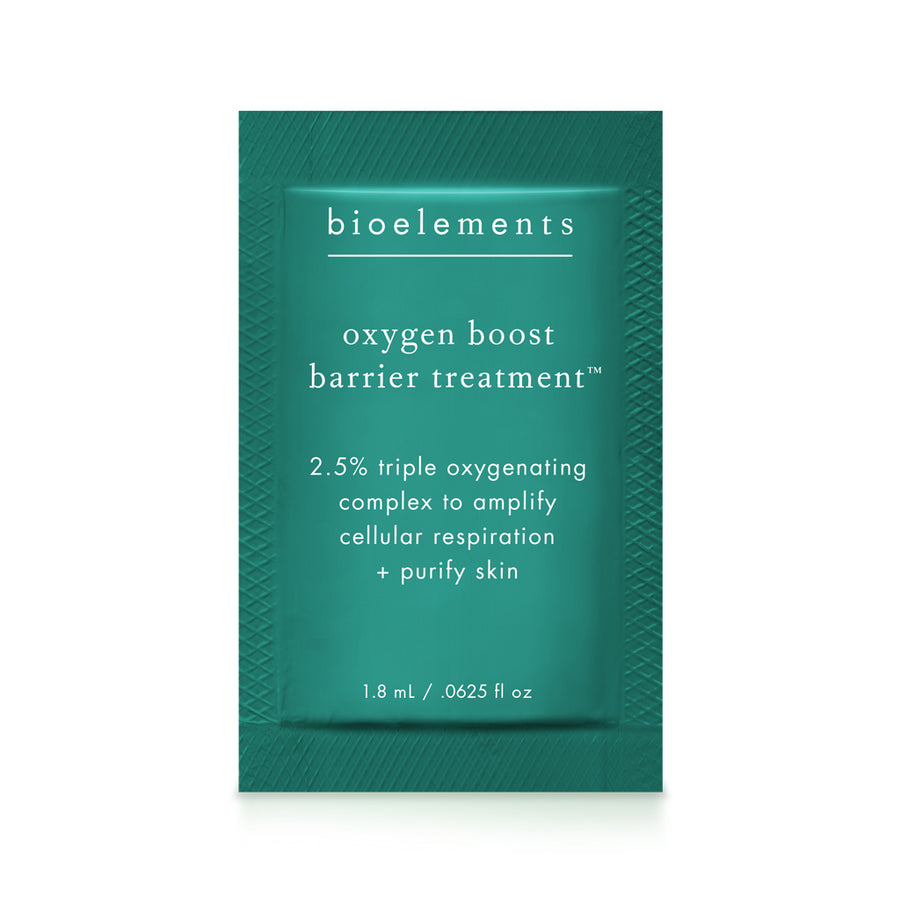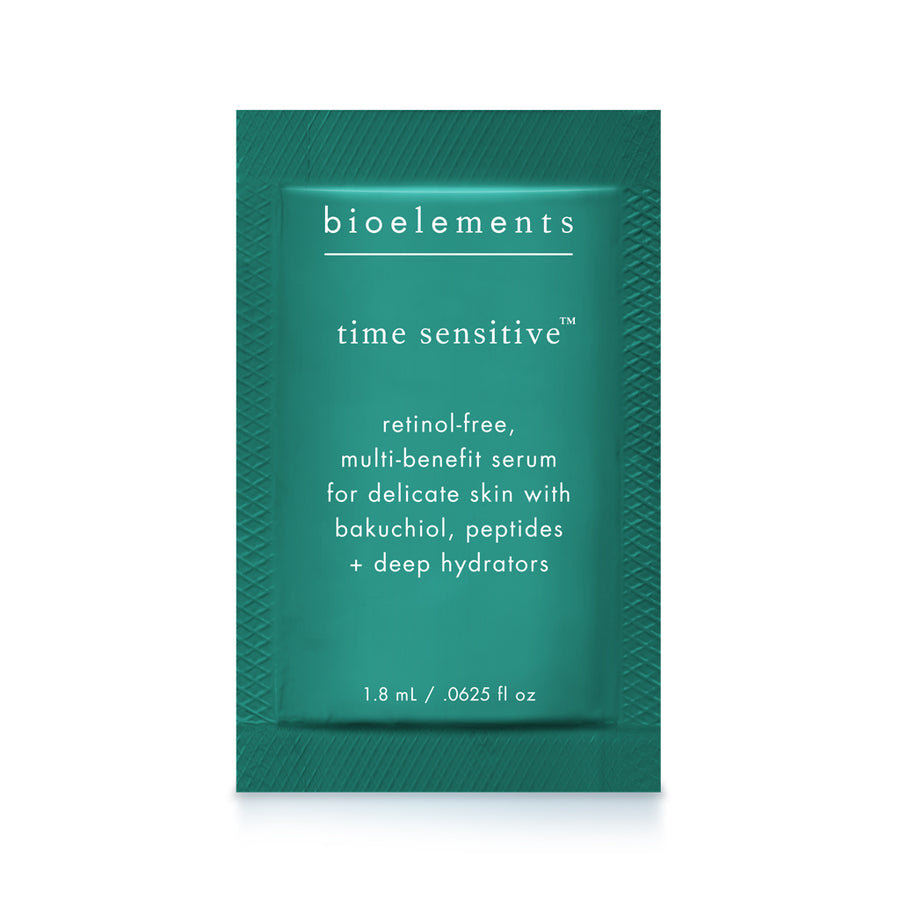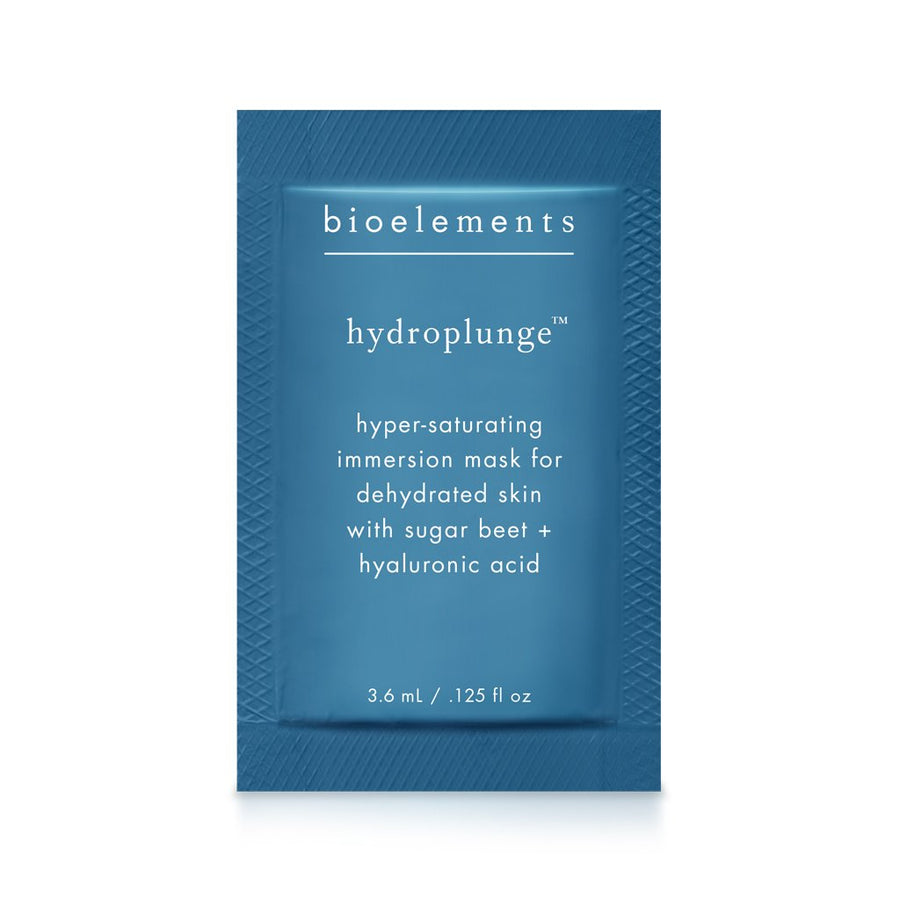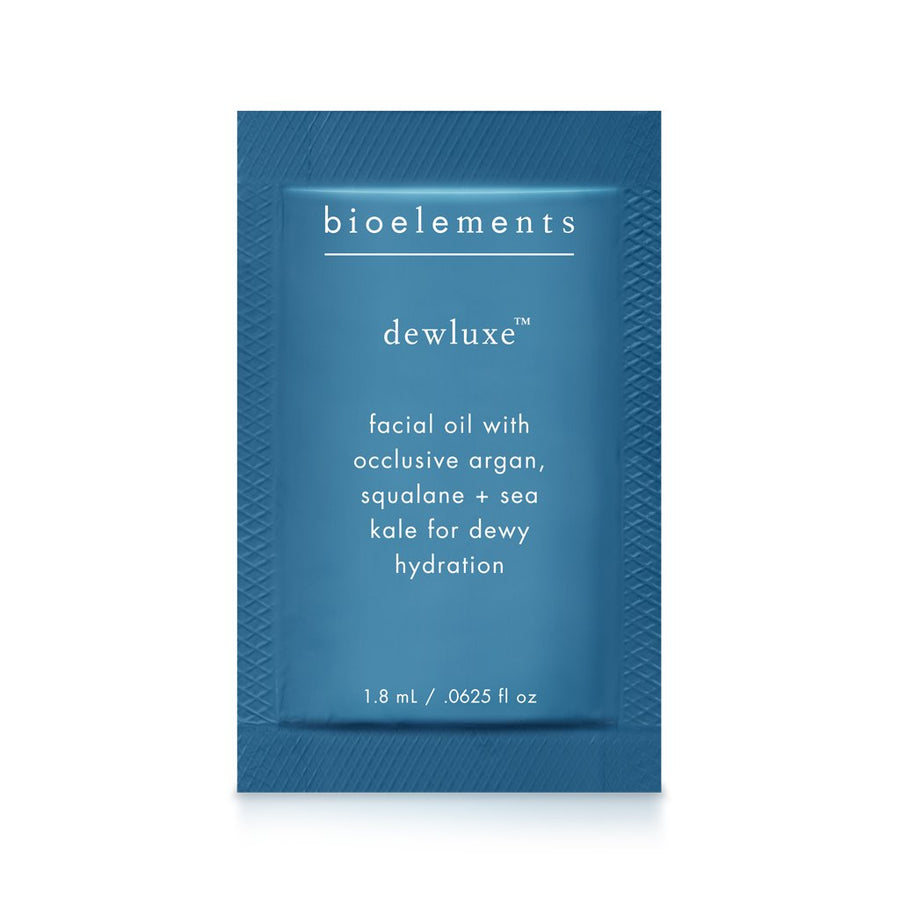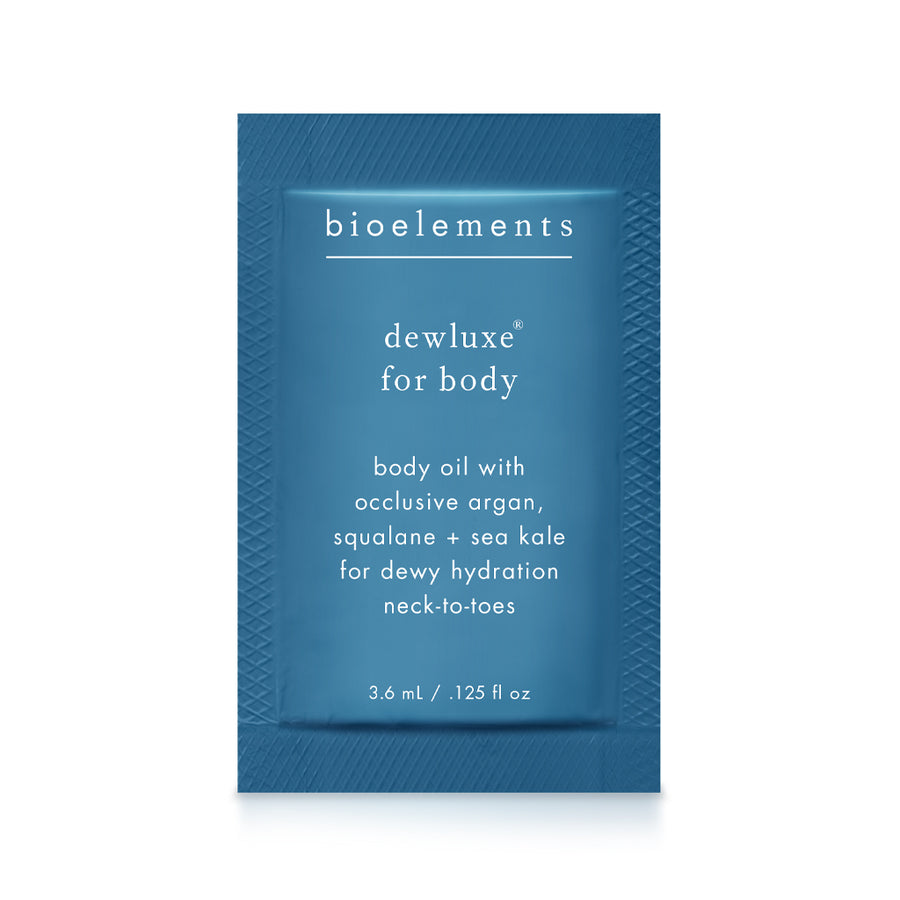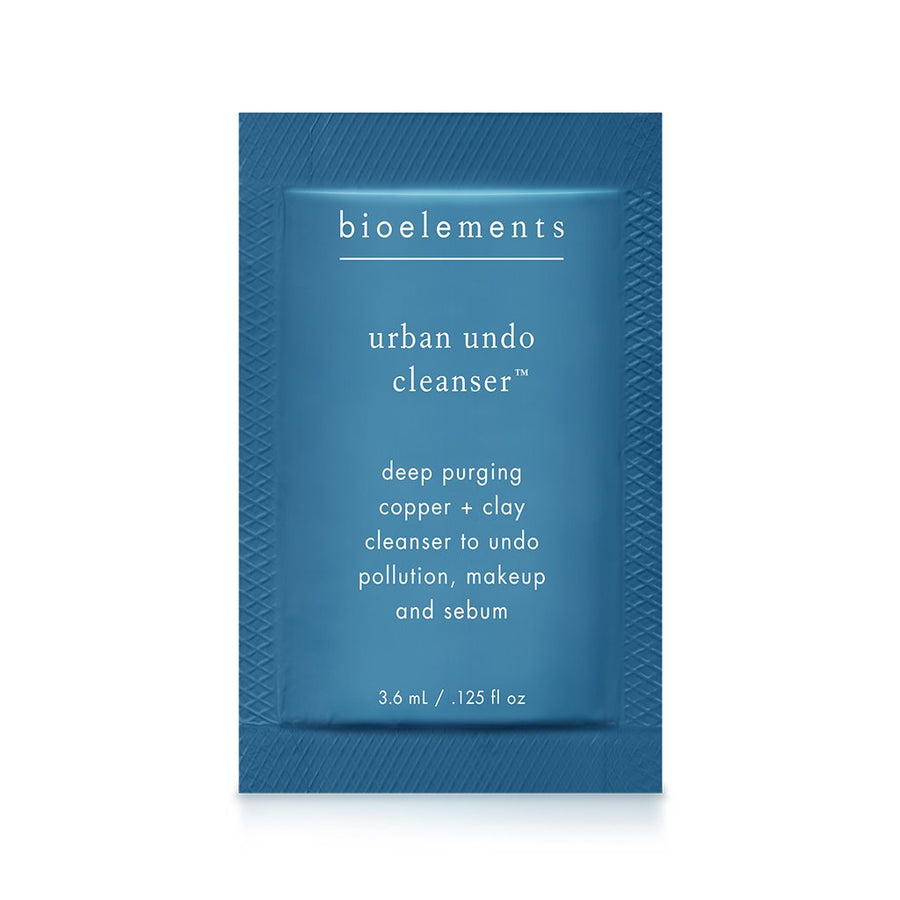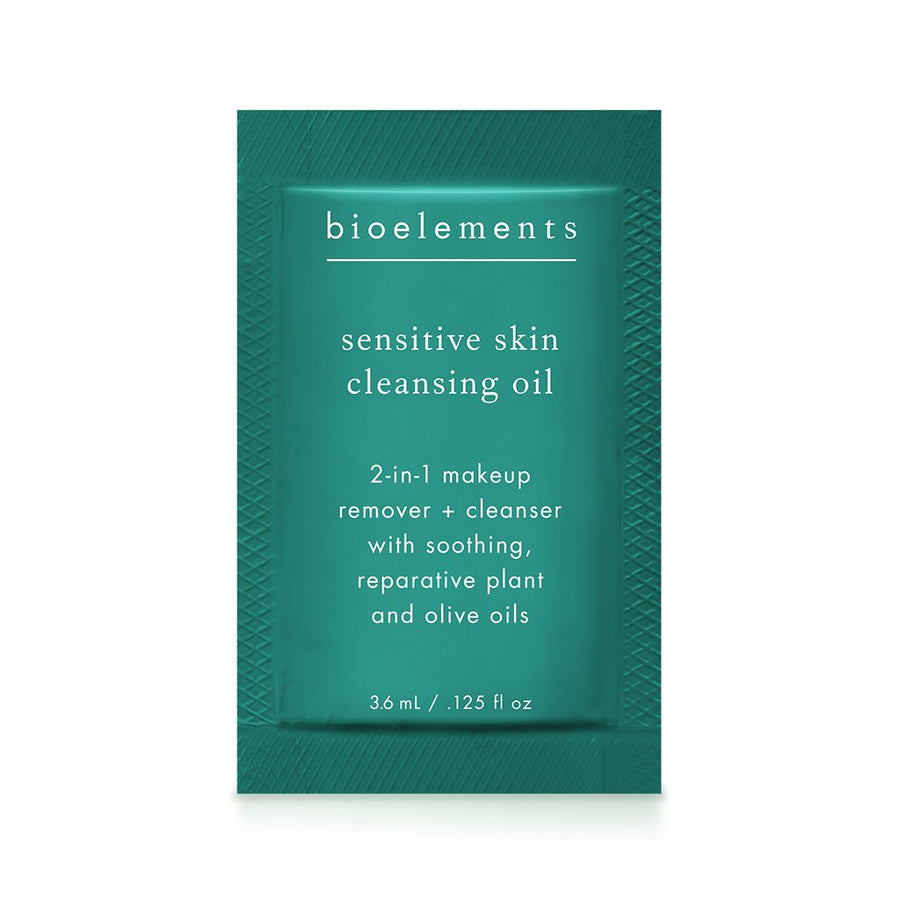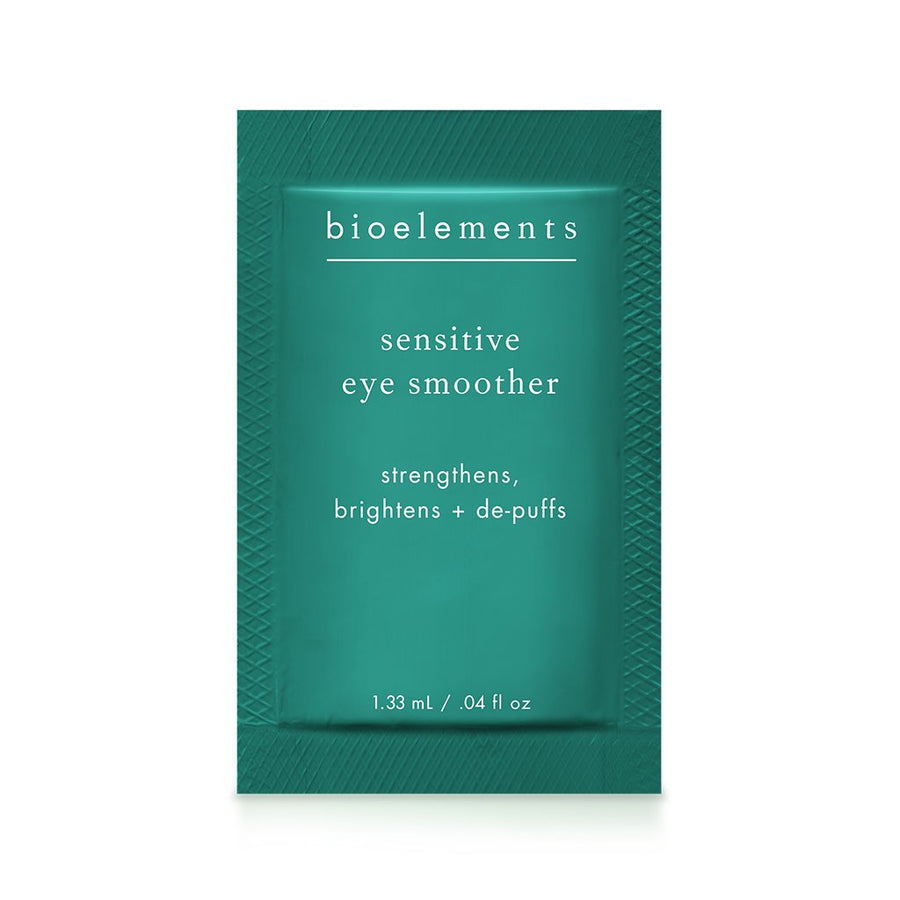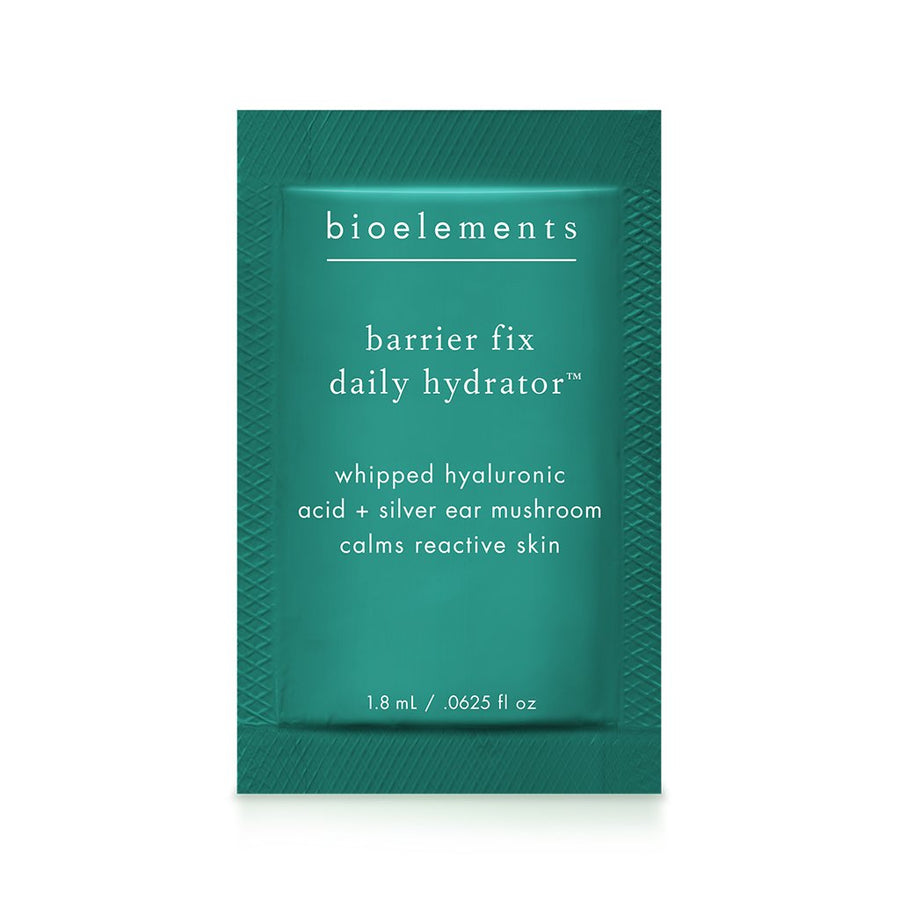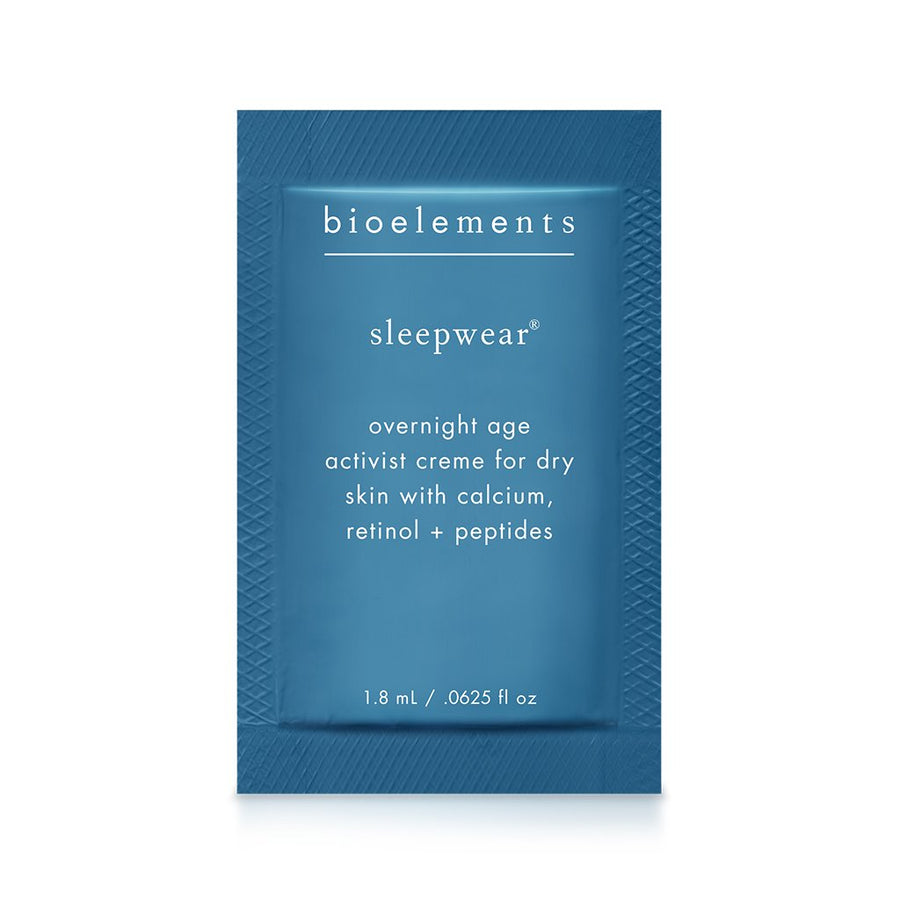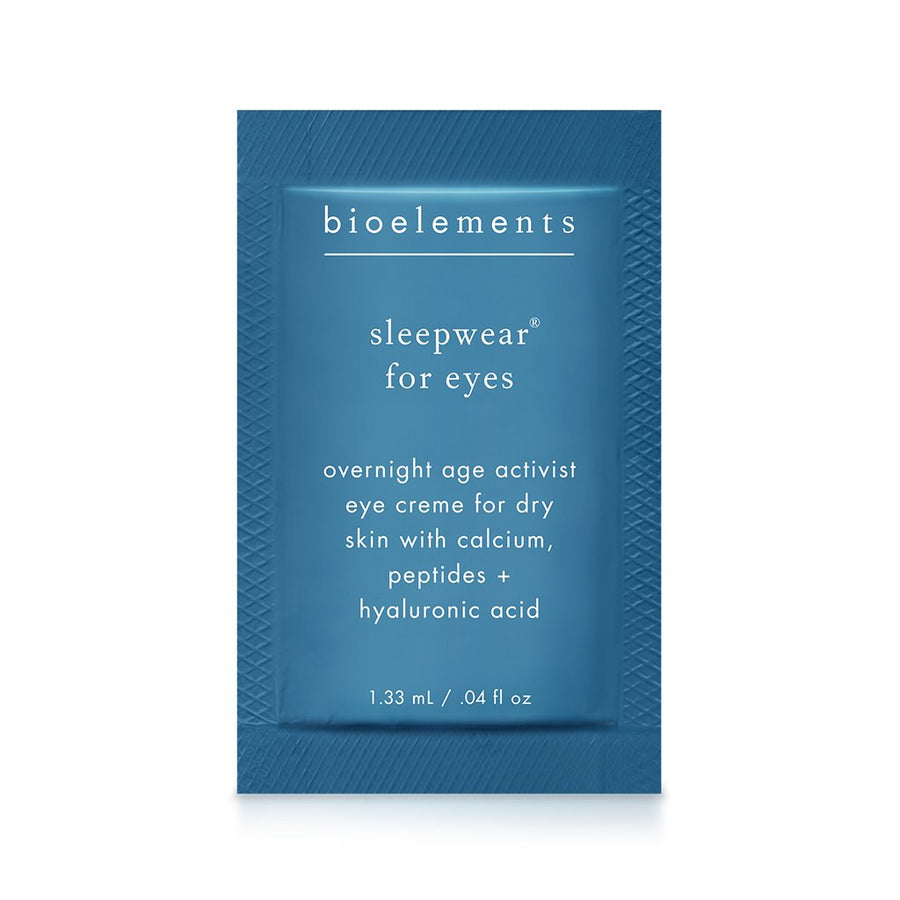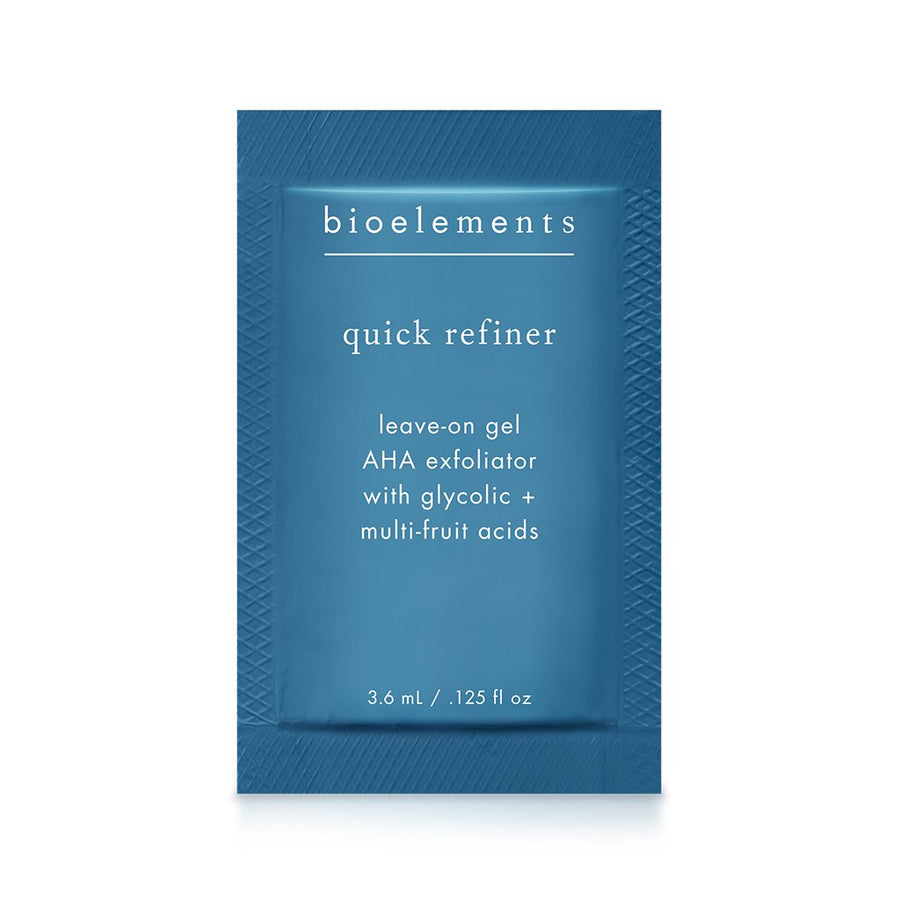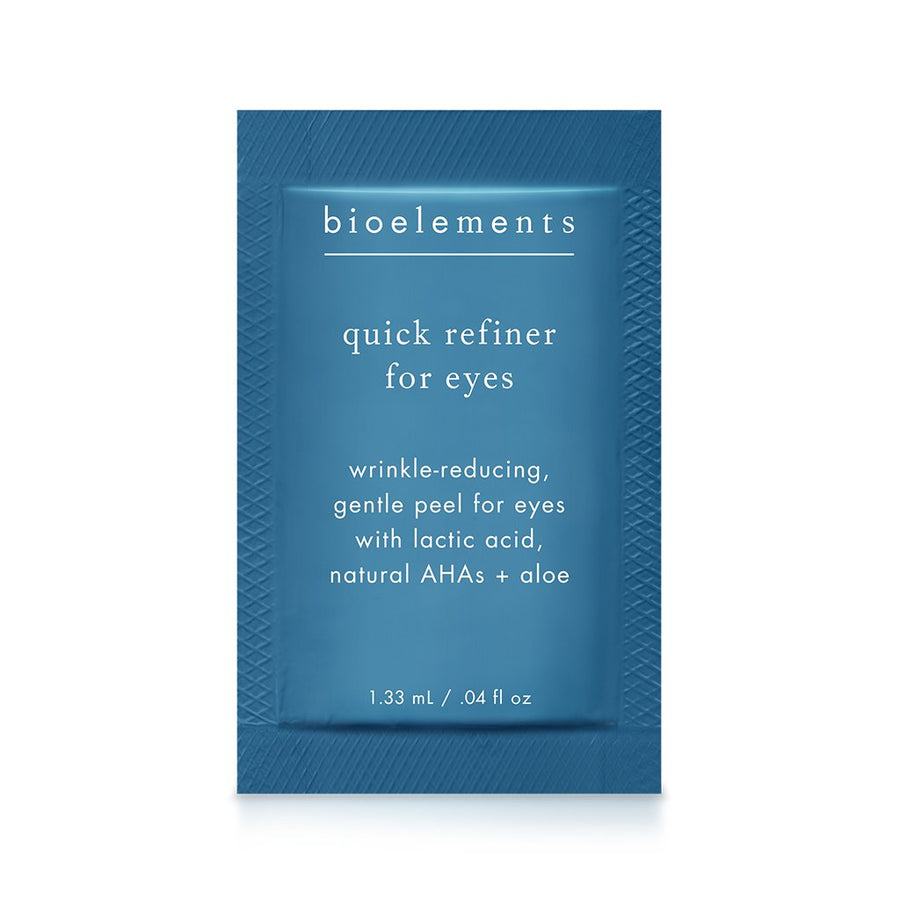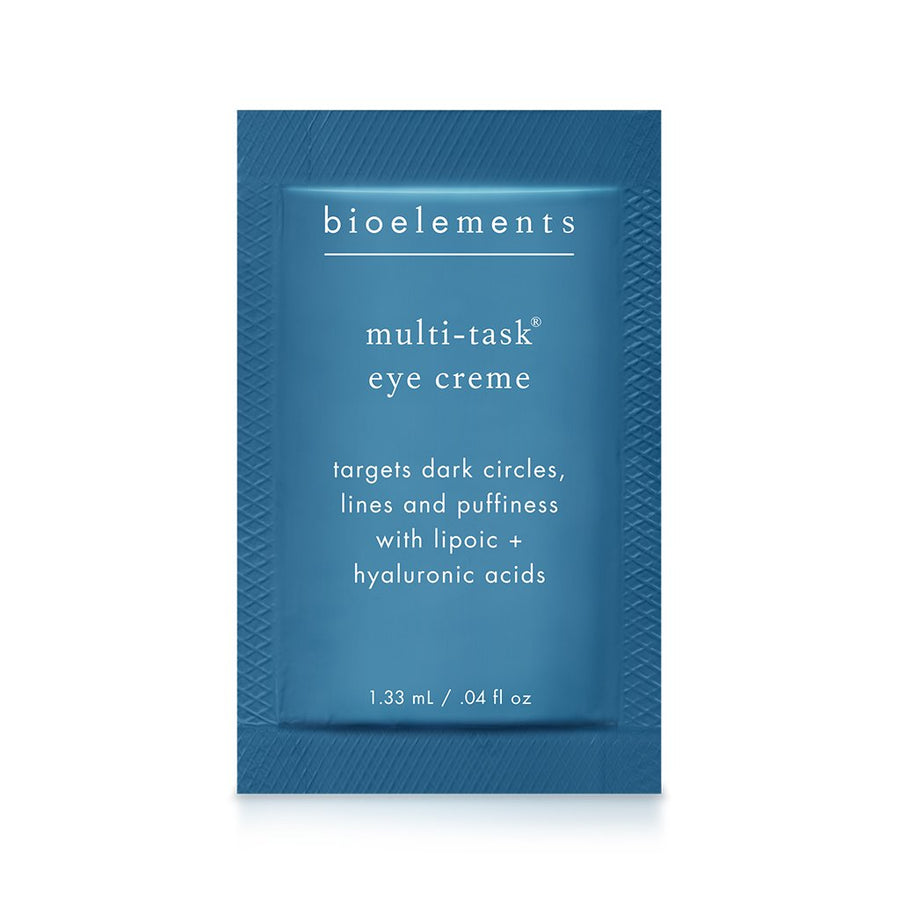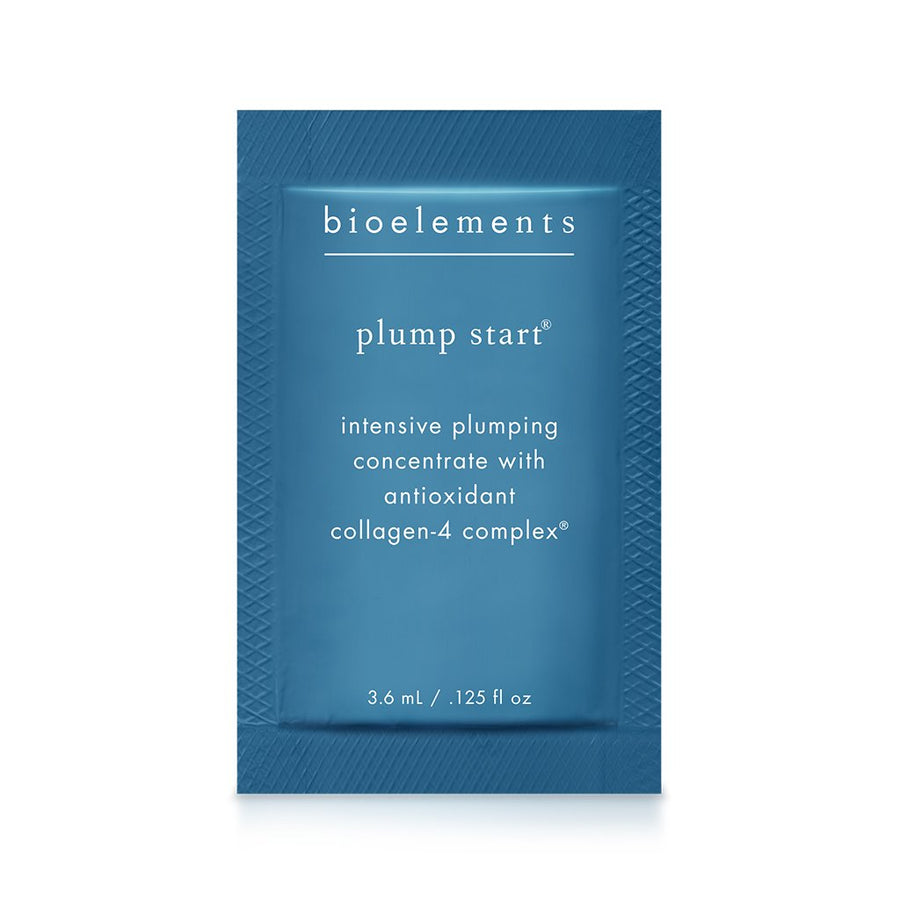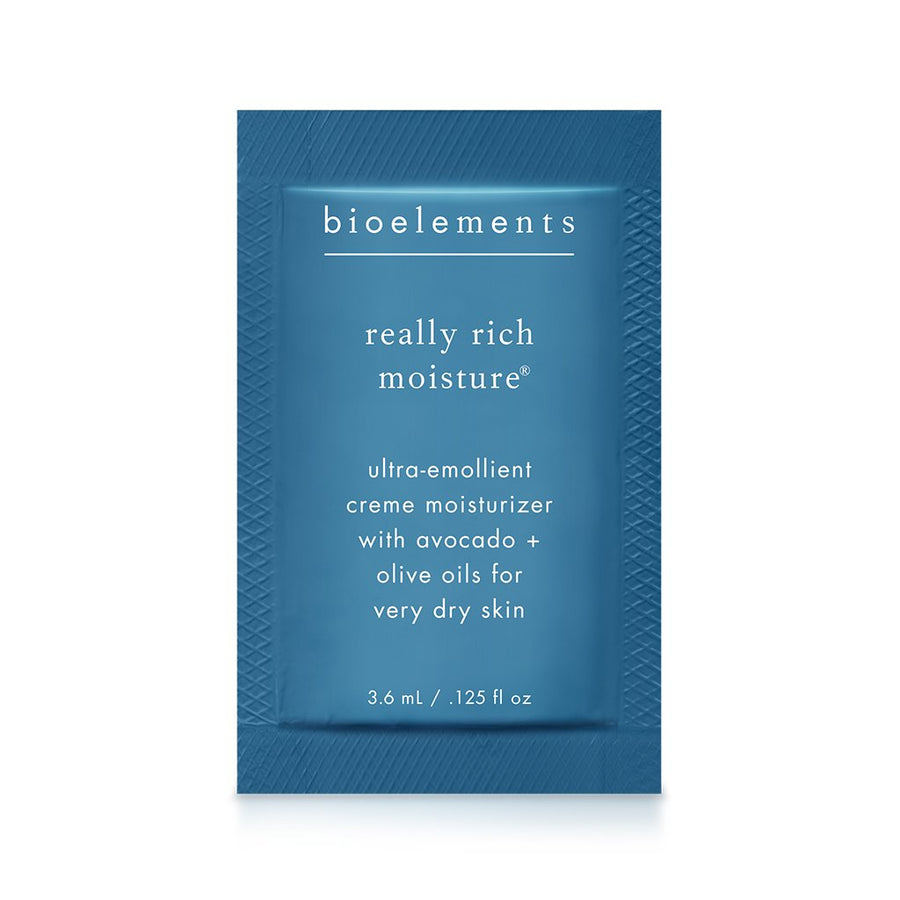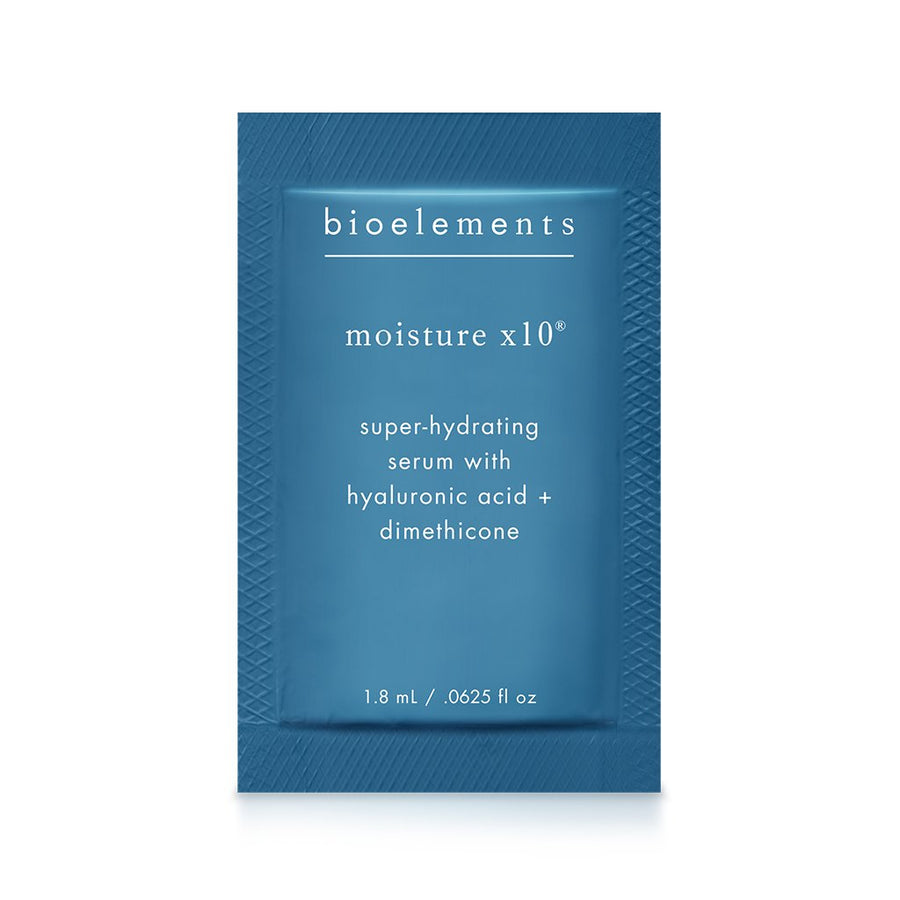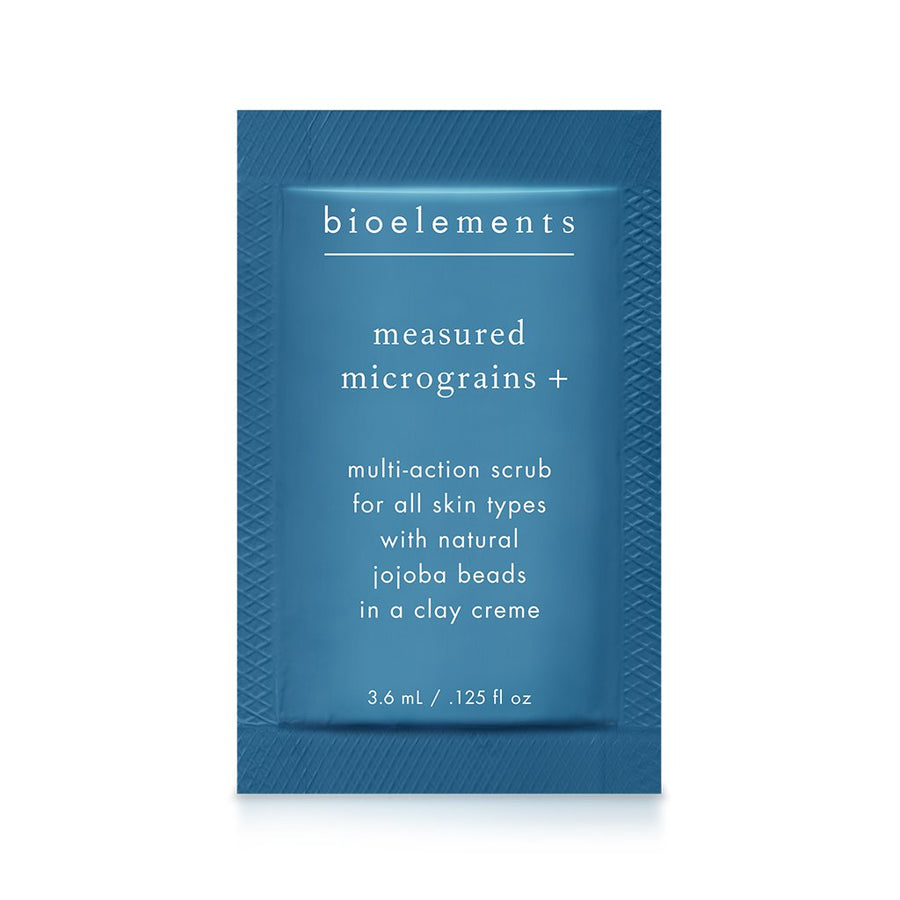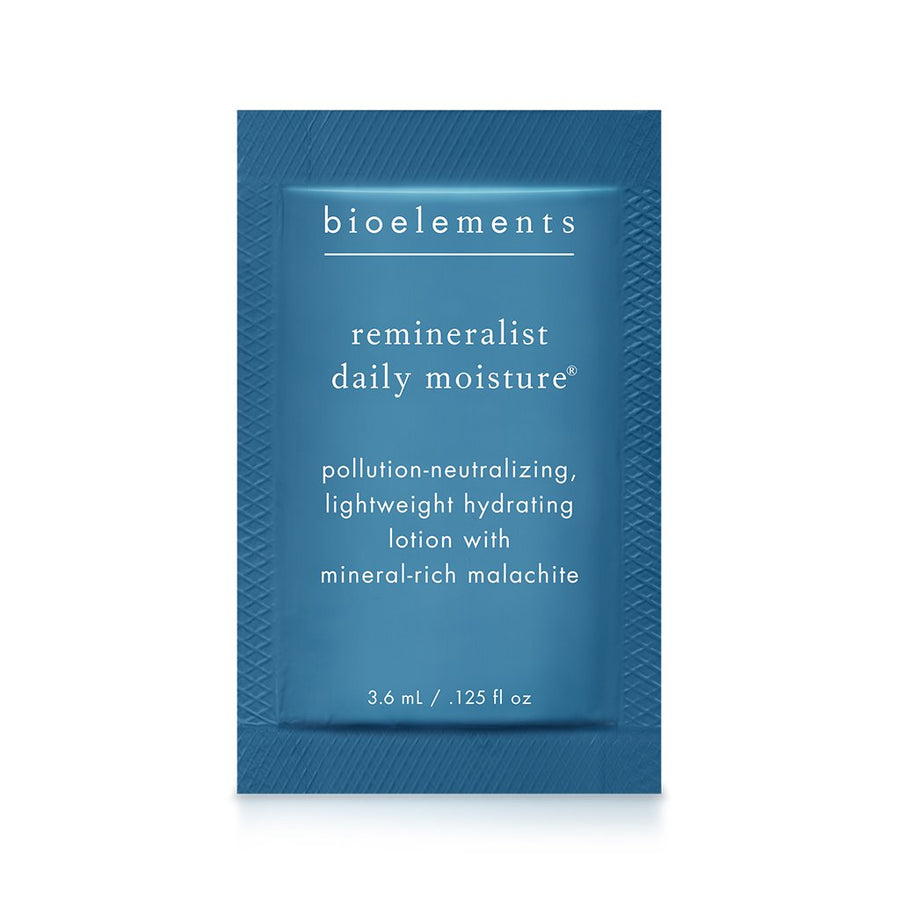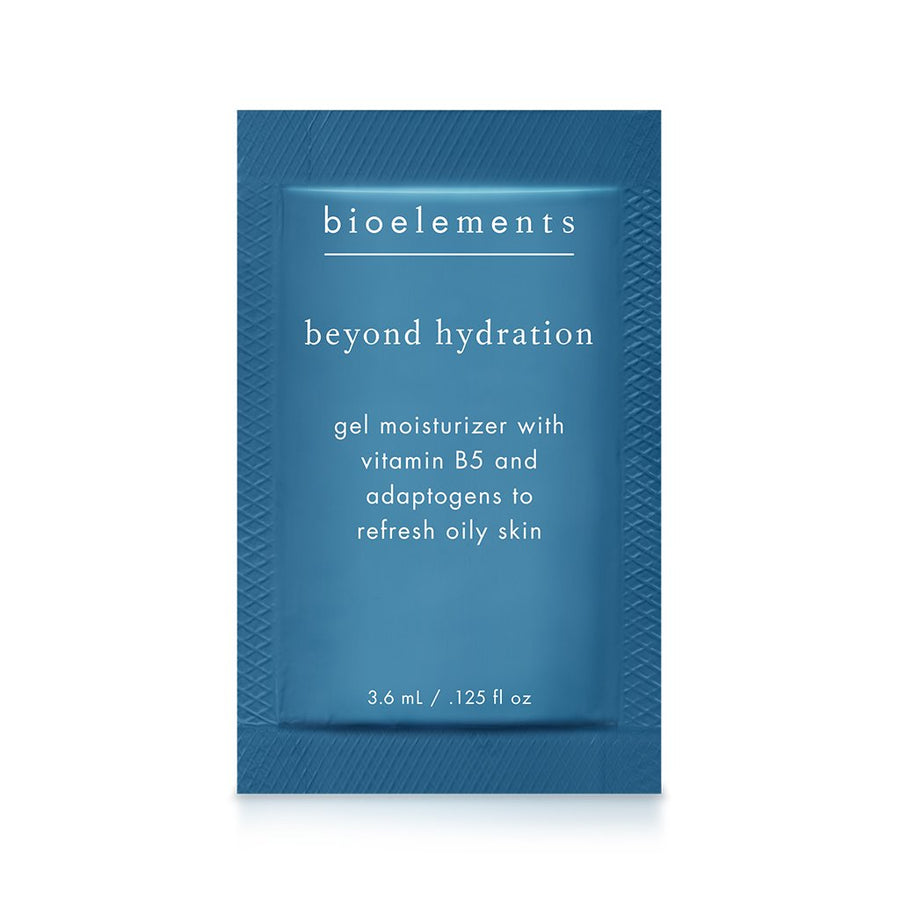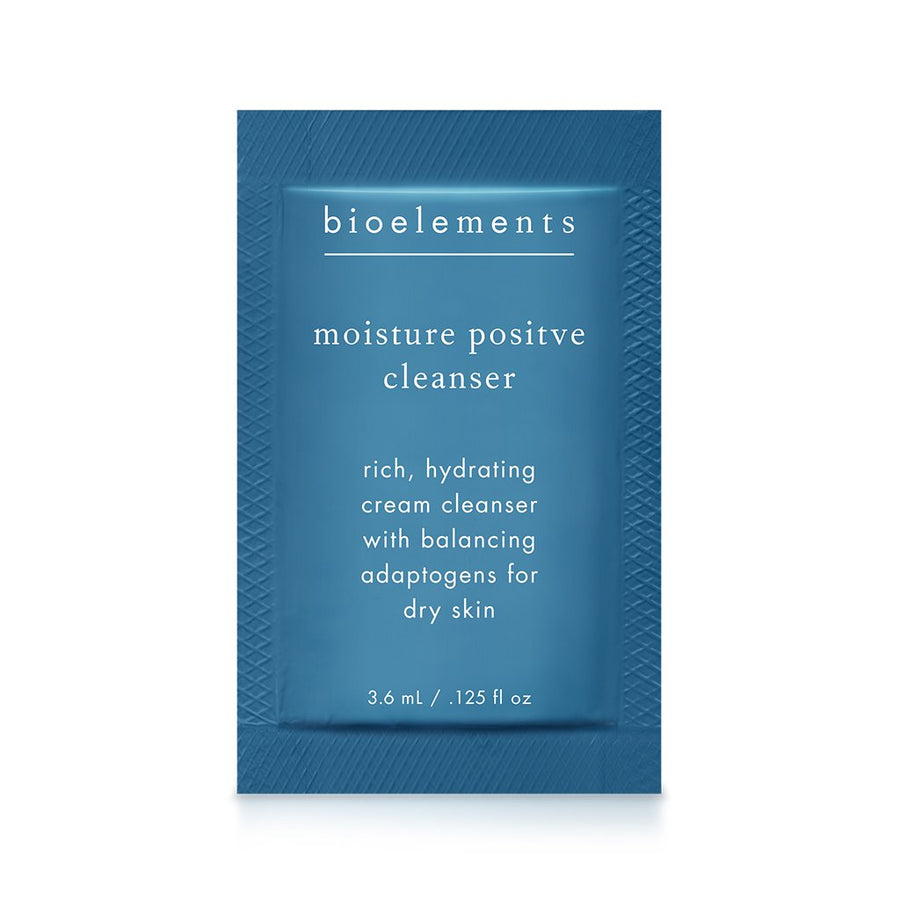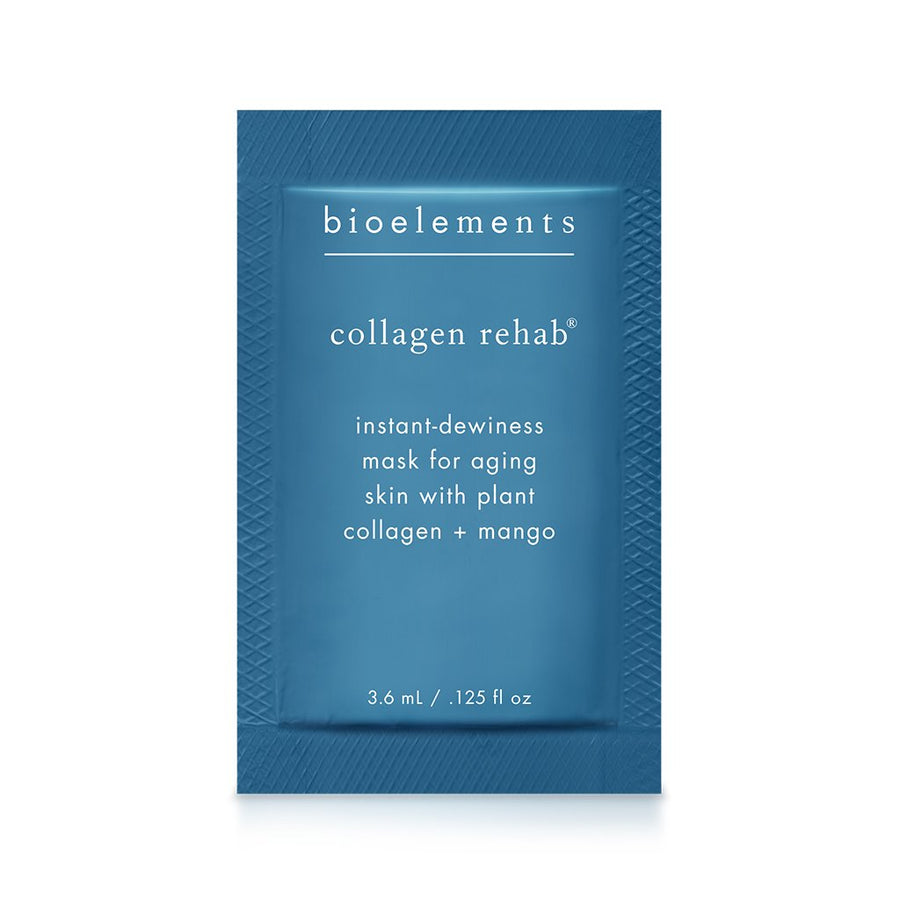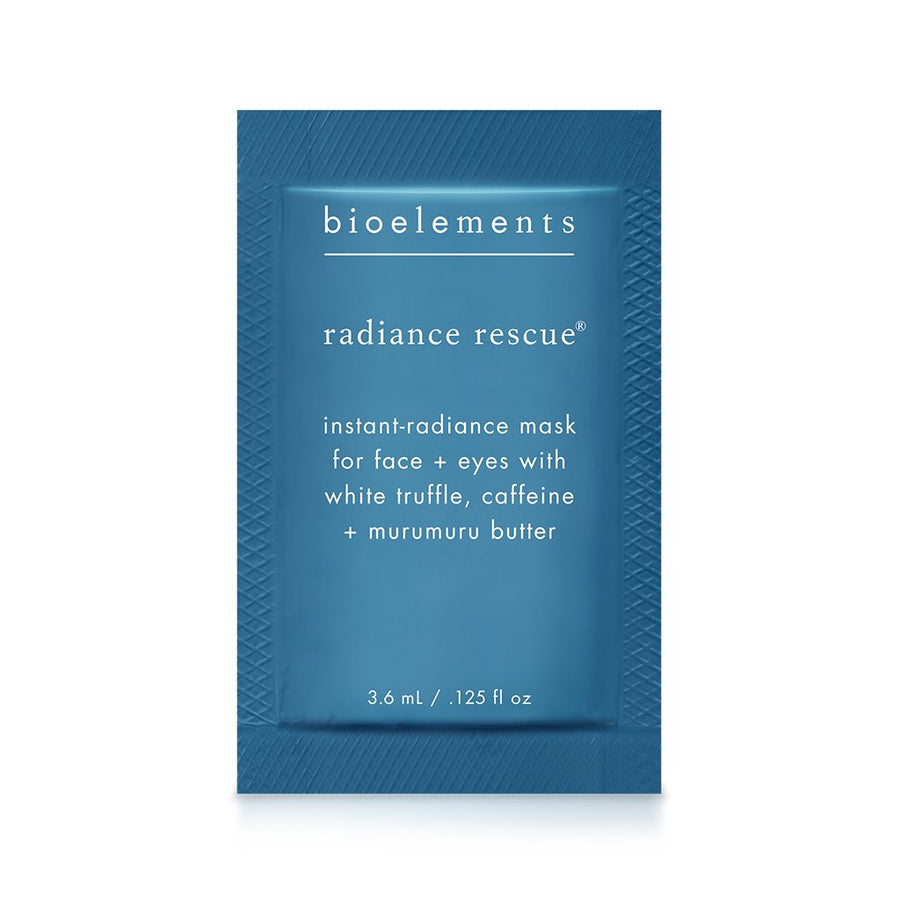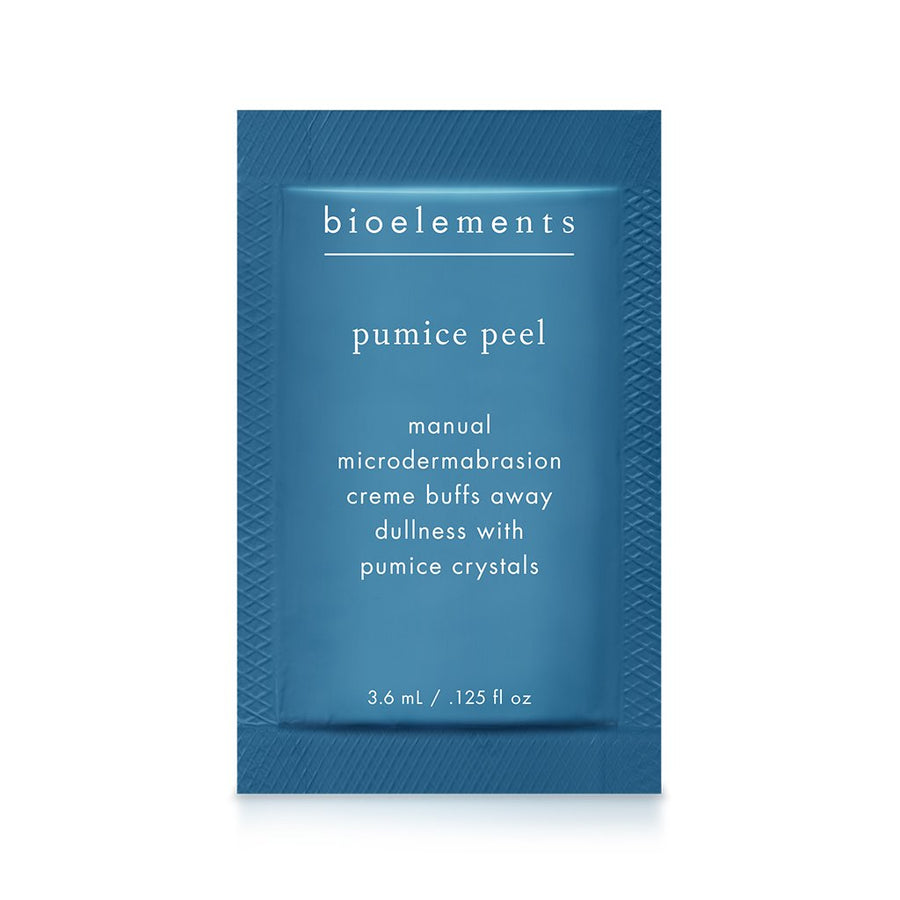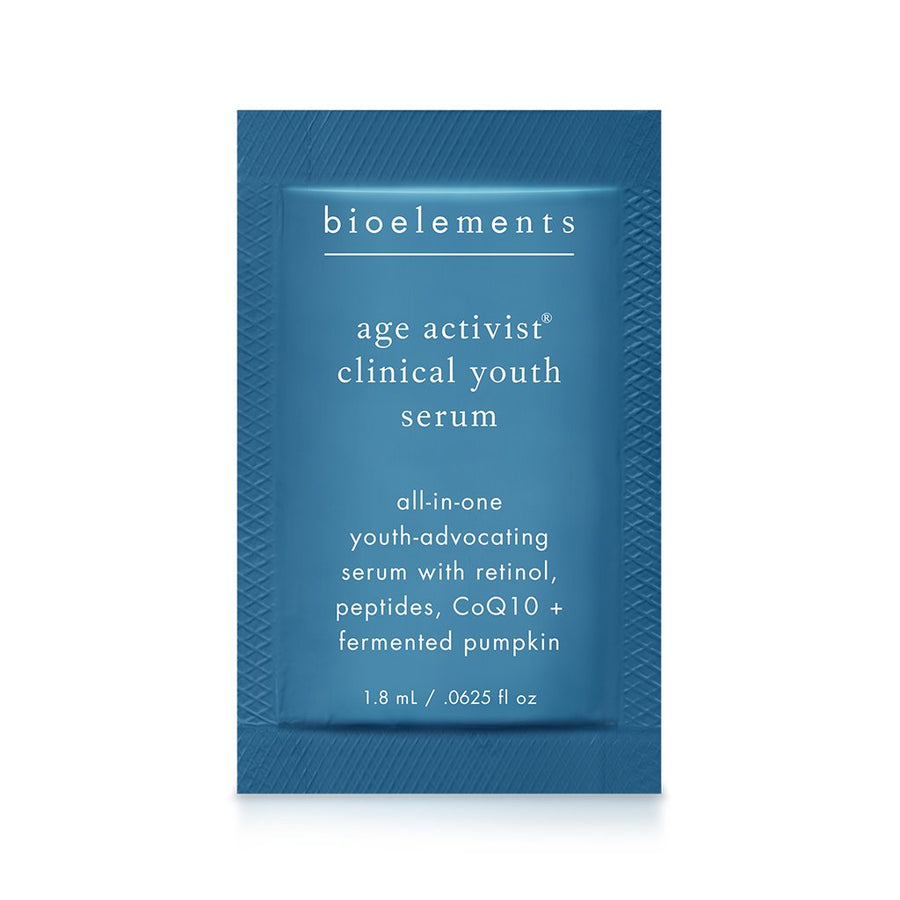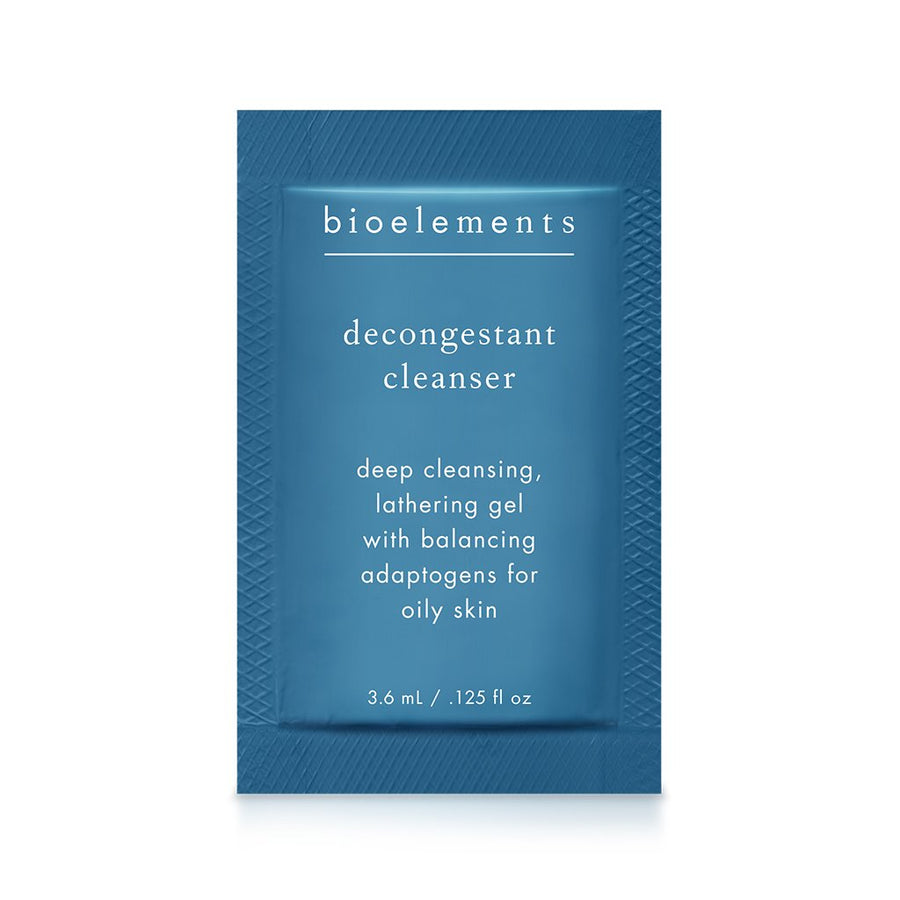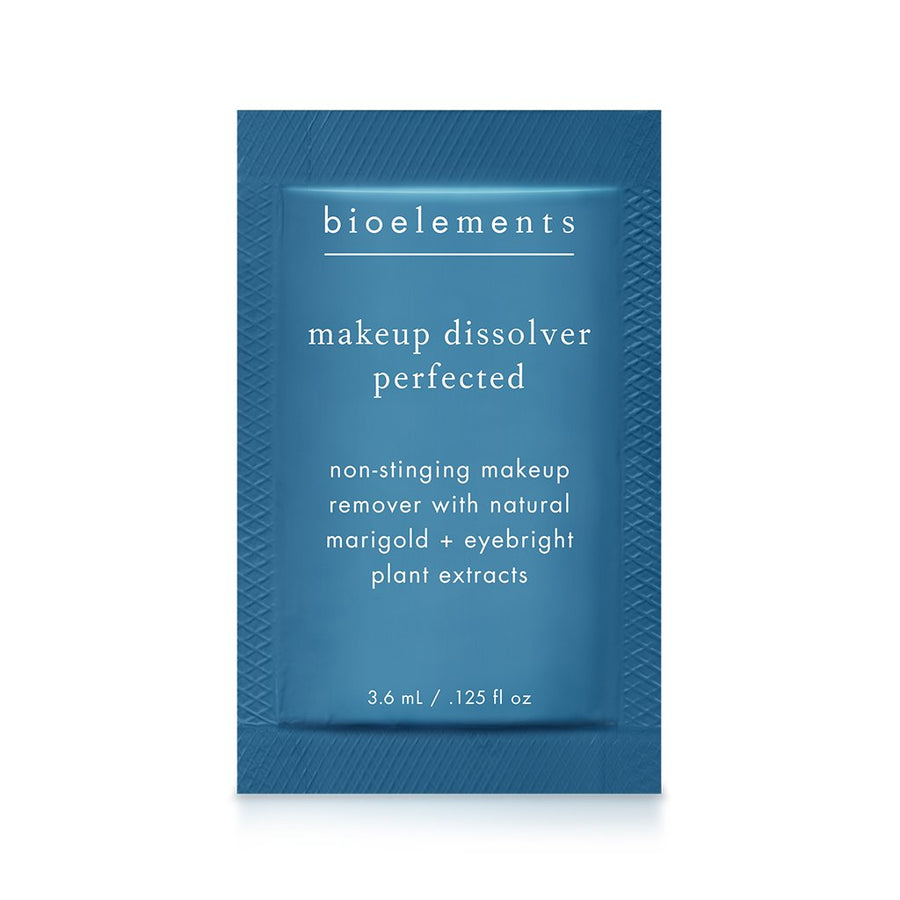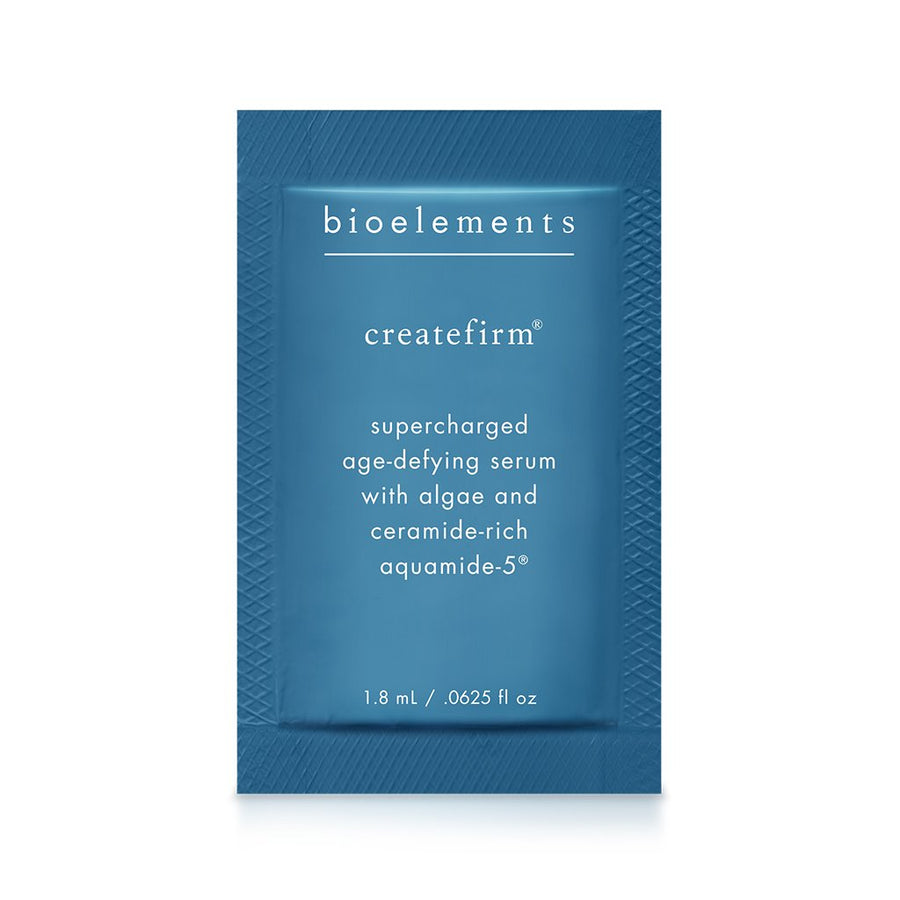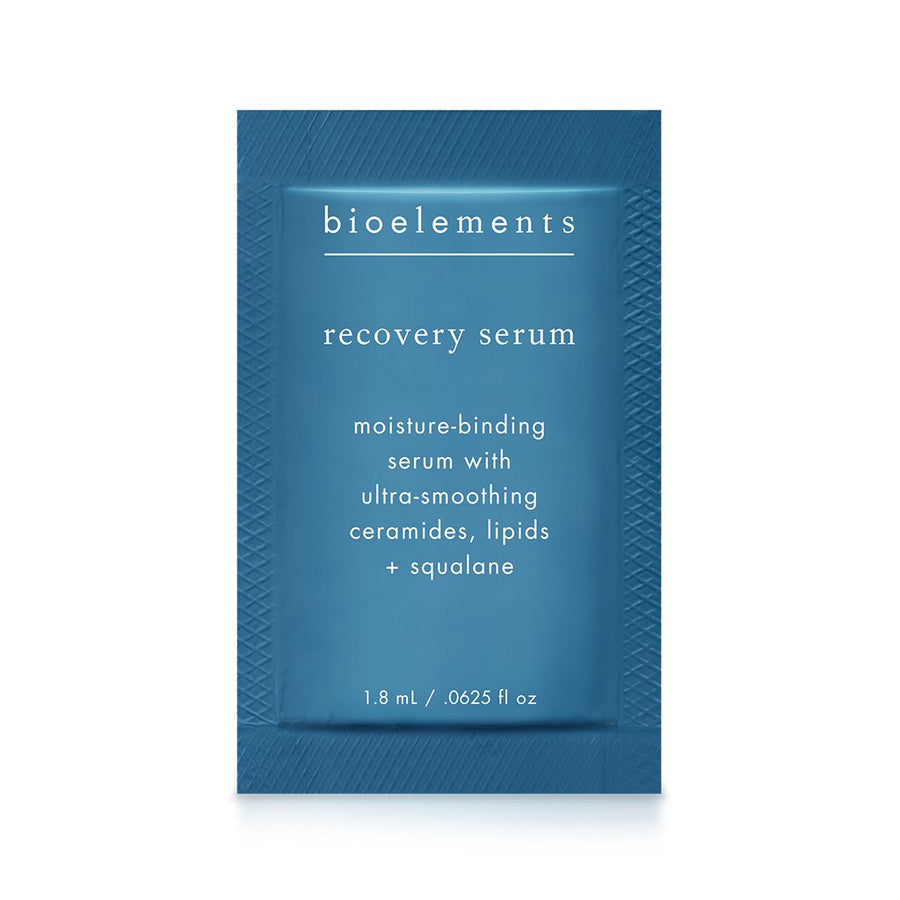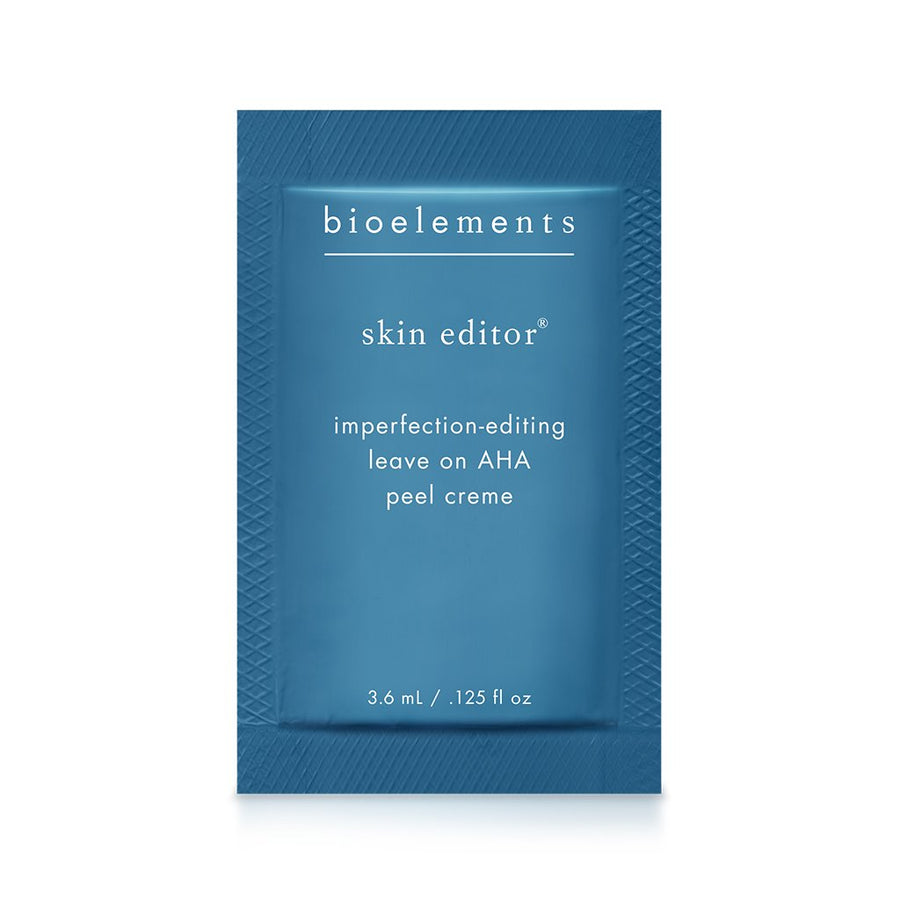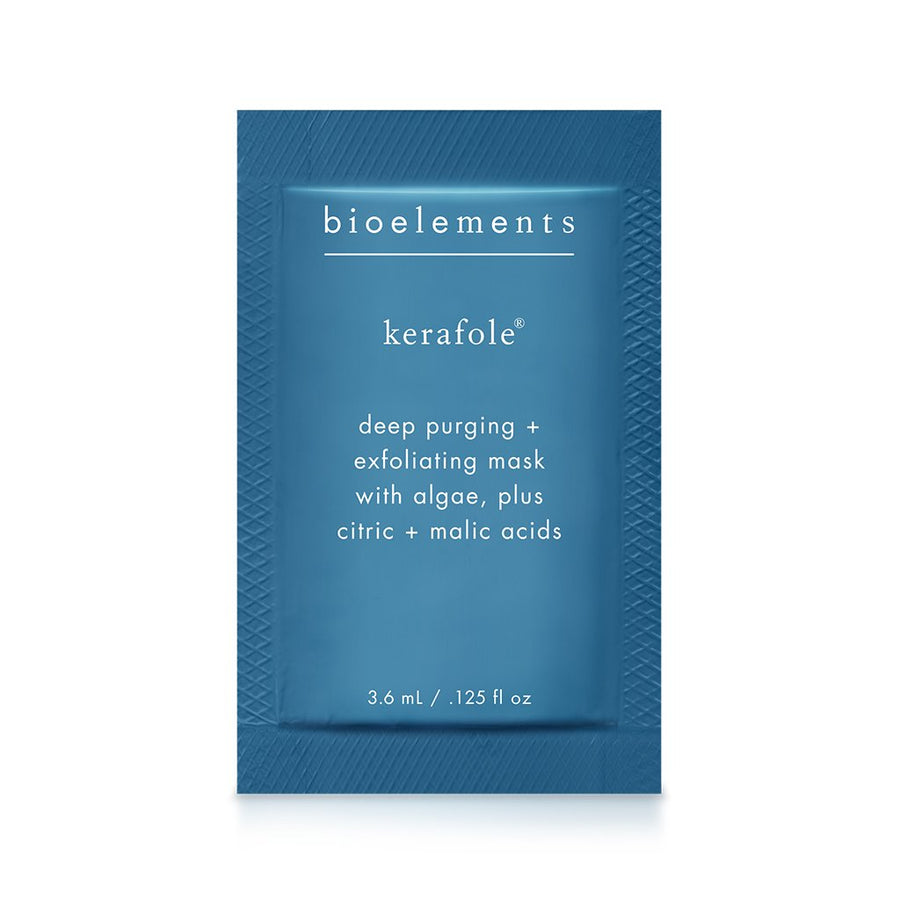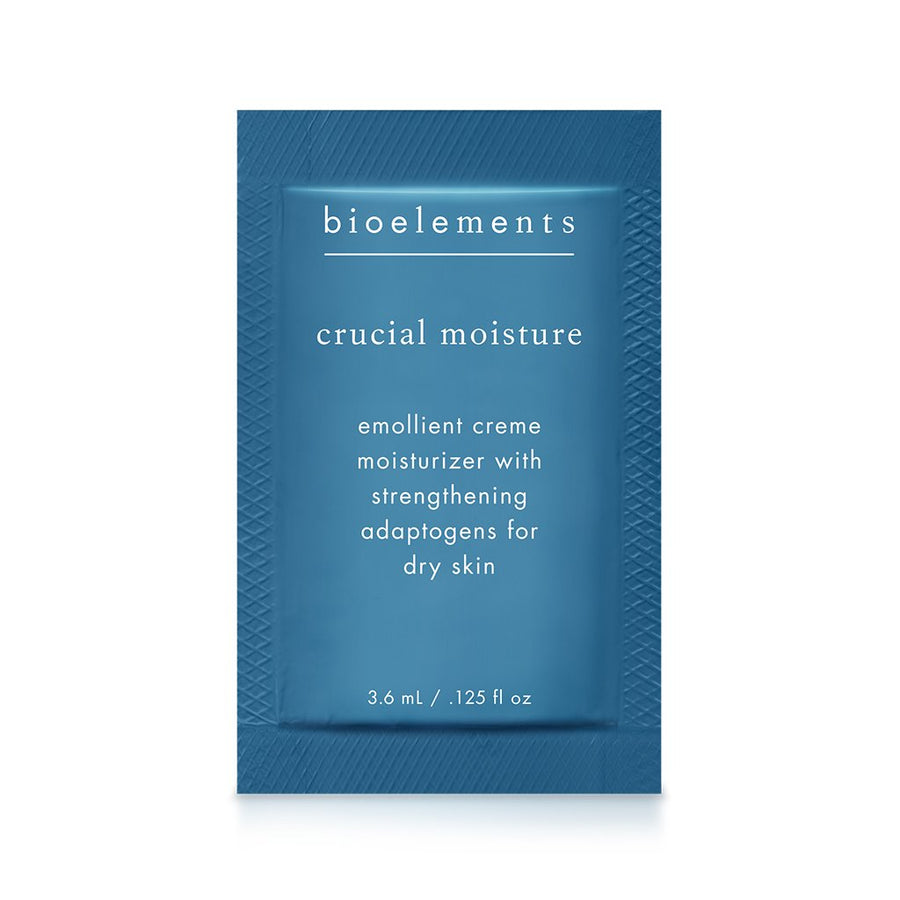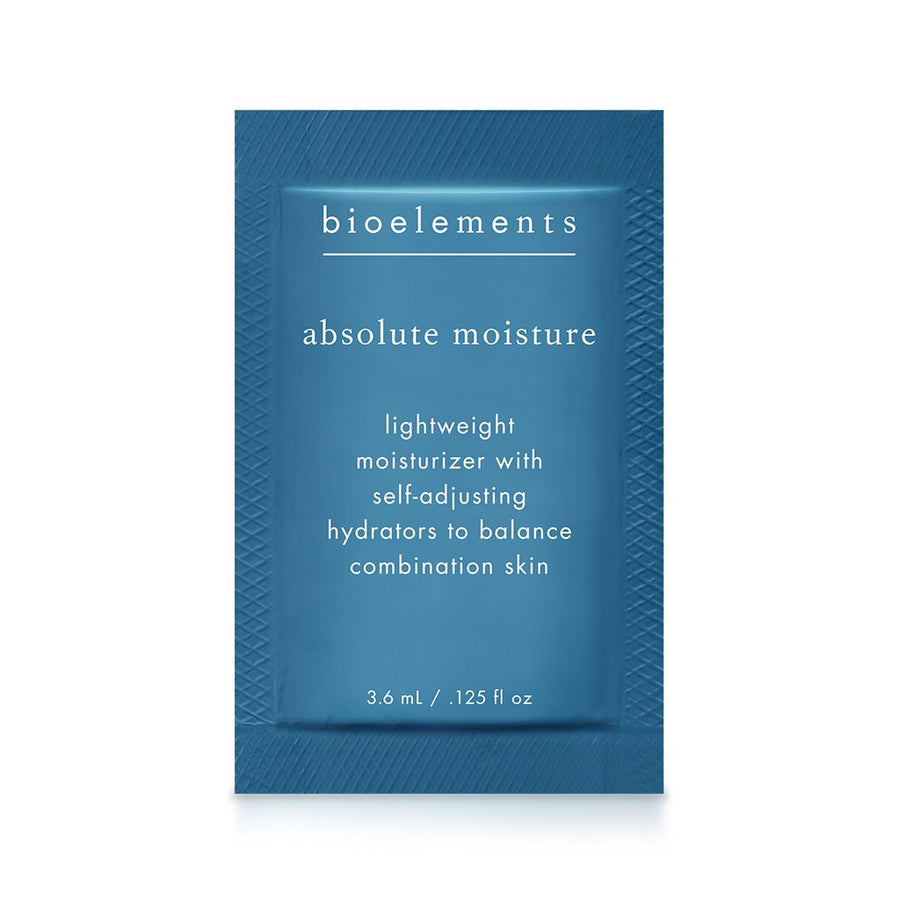Perimenopause is the stage leading up to menopause, when hormones like estrogen and progesterone begin to fluctuate and steadily decline. While these shifts are natural, they can take a visible toll on your skin, affecting hydration, elasticity, tone, and even the way your skin feels day-to-day.
Why your skin changes during perimenopause
Estrogen plays a key role in keeping skin hydrated, plump and resilient. It supports collagen production, helps skin retain moisture, and even influences your overall skin barrier function. As estrogen levels fluctuate unpredictably during perimenopause, your skin may feel dry, sensitive or less firm. Meanwhile, progesterone can drop, which can influence both skin balance and the skin’s natural renewal cycle. Together, these hormonal shifts explain many of the skin changes you notice in this phase.
5 common perimenopause skin concerns and how to care for them
1. Dryness + dullness
What’s happening: Declining estrogen slows the skin’s ability to produce essential lipids like ceramides, fatty acids, and cholesterol, which weakens the skin barrier and increases transepidermal water loss (TEWL), leaving skin drier and sometimes less supple.
How to help:
-
Layer in hydrating serums with hyaluronic acid to replenish lost moisture.
-
Seal it in with a barrier-repairing moisturizer rich in ceramides or nourishing oils.
-
Protect skin daily with broad-spectrum SPF 30+ to prevent further skin barrier breakdown.
2. Increased Sensitivity
What’s happening: Fluctuating estrogen and progesterone levels impair the skin’s ability to maintain a strong lipid barrier and control inflammation. With less estrogen support, the skin barrier can become more fragile, leaving skin reactive or easily irritated.
How to help:
-
Simplify your routine with a gentle, soothing cleanser.
-
Look for calming ingredients like niacinamide to reduce redness and strengthen the skin’s barrier.
-
Avoid harsh scrubs or overuse of strong actives when sensitivity is high.
3. Collagen + firmness decline
What’s happening: Estrogen supports collagen production. As levels fall, skin may look thinner, fine lines appear more visible, and firmness declines.
How to help:
-
Add a retinol serum gradually to target collagen for skin that appears firmer and more elastic.
-
Use peptides and vitamin C daily to defend against collagen loss and promote firmness.
-
Combine active treatments with rich moisturizers to keep skin replenished.
4. Thinning skin
What’s happening: Reduced estrogen levels lead to a decline in keratinocyte proliferation, resulting in the epidermis being thinner and more fragile. The skin’s structural support network (dermal matrix) becomes less dense and less resilient, leading to sagging, loss of firmness and visible wrinkles.
How to help:
-
Incorporate peptides and ceramides to improve and restore elasticity and moisture.
-
Regularly treat yourself to professional facials that help revitalize skin and increase lymphatic activity.
5. Mood and stress-linked skin changes
What’s happening: Estrogen influences serotonin, the neurotransmitter tied to mood. Fluctuations can contribute to mood swings, which can show up on the skin as dullness, flare-ups or sometimes breakouts.
How to help:
-
Treat your skin care routine like a relaxing ritual. Gentle cleansing, layering hydrating serums and massaging in moisturizers can double as stress relief.
-
Add antioxidant-rich serums to brighten dullness and restore glow.
FAQs: Perimenopause and your skin
Why does my skin feel drier than before?
A natural decrease in estrogen during this time can cause skin to become thinner and drier. There is also a decline in hyaluronic acid synthesis, reducing the skin’s natural ability to retain hydration, leading to dryness.
How can I support skin firmness during perimenopause?
Peptides are clinically proven to target changes in skin structure, helping soften the look of lines and improve visible firmness. Adding them to your daily routine gives skin the consistent support it needs as it transitions through perimenopause.
Is my skin barrier affected by hormone changes?
Yes. Estrogen supports barrier function, so when levels dip, skin may become more reactive. Focus on barrier-repairing products with ceramides and niacinamide.
Do I need to change my skincare routine now?
Yes – perimenopausal skin has new needs. Hydration, barrier support, collagen protection, and gentle exfoliation should become priorities in your regimen.

